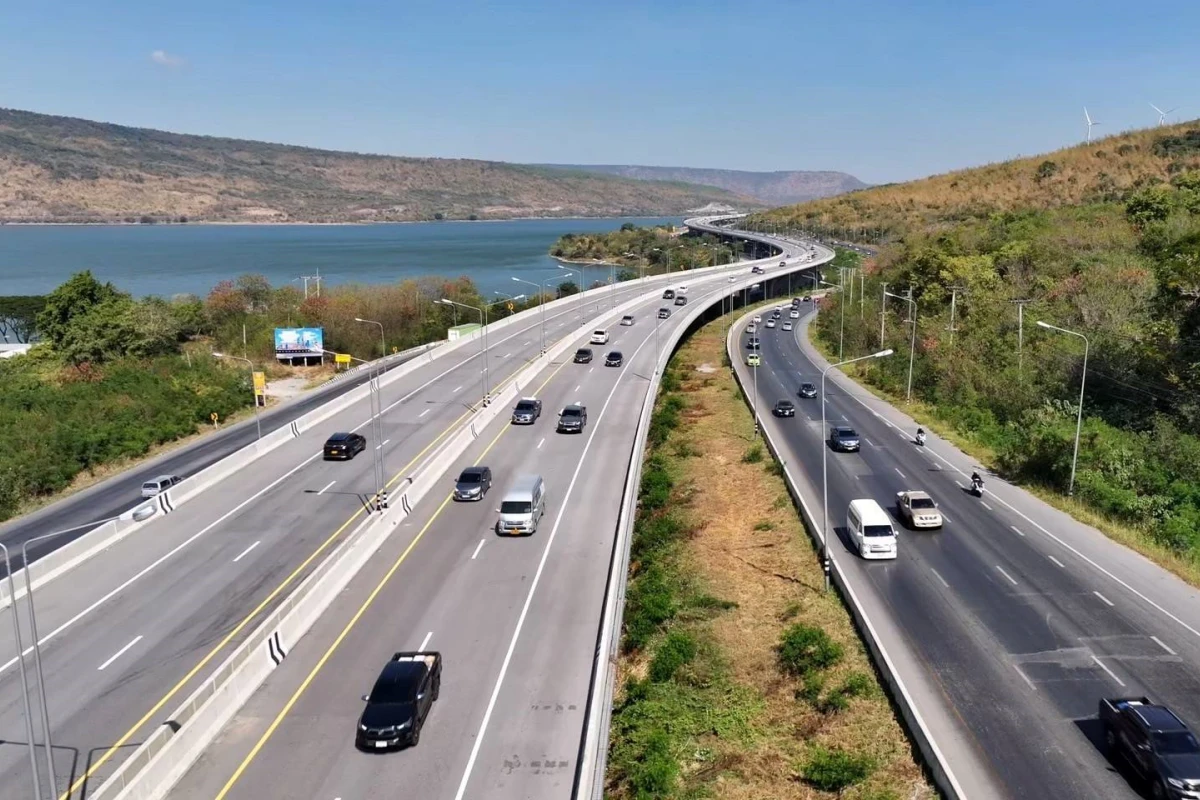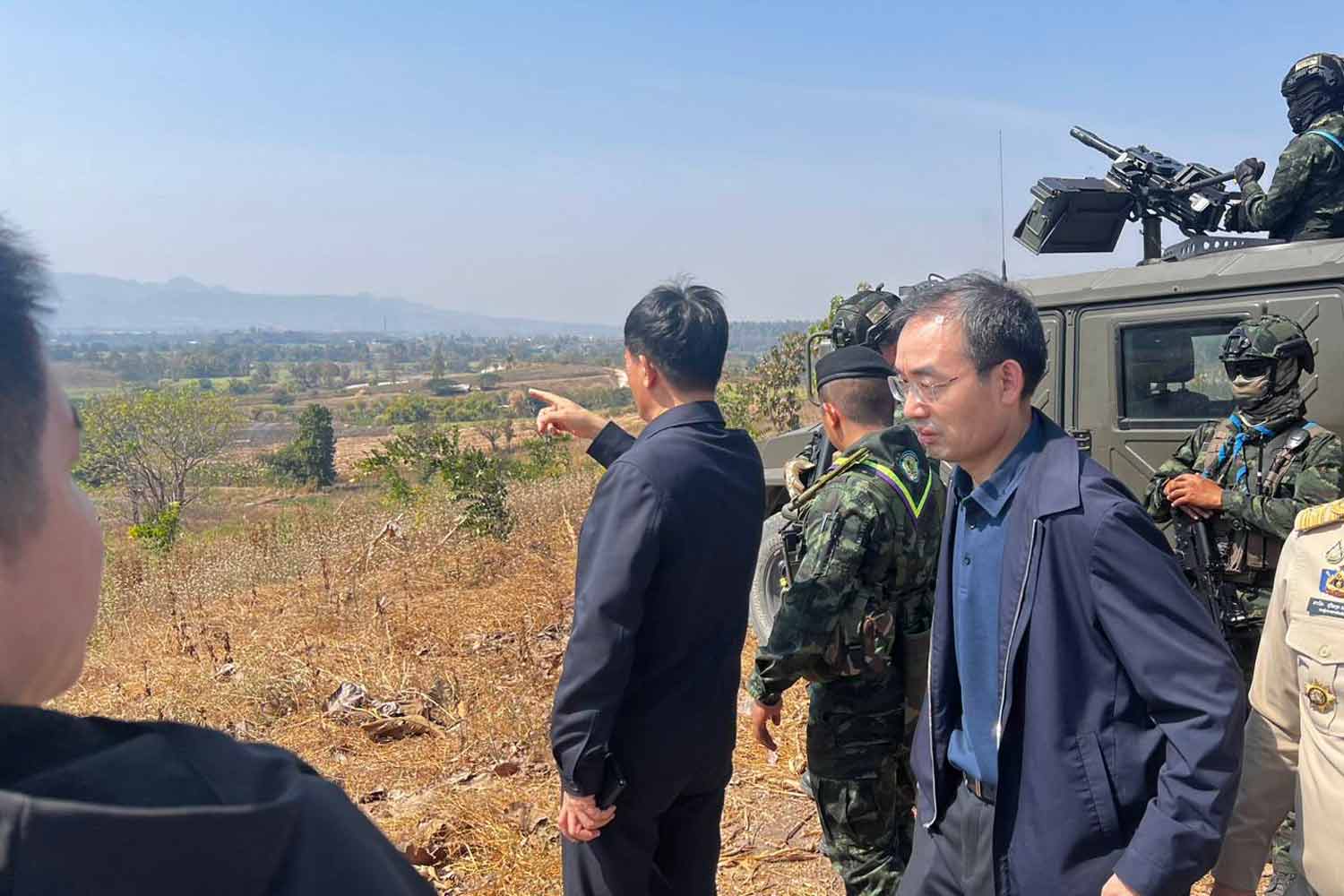Introducing a Golden Visa Program
Attracting Wealthy Foreign Residents
Former Prime Minister Thaksin Shinawatra has proposed a golden visa scheme to draw affluent foreigners to Thailand as long-term residents. Speaking at the “Unlocking Thailand’s Future” conference, he suggested the program could attract 600,000 individuals, each depositing significant funds to secure residency rights. This initiative would allow participants to purchase property, stimulating the real estate market while generating funds to enhance education for Thai citizens.
Economic Benefits of the Visa Scheme
Driving Growth and Reducing Debt
Thaksin emphasized that the golden visa could inject fresh capital into Thailand’s $500 billion economy, fostering GDP growth and reducing public debt. By encouraging domestic consumption through foreign investment, the scheme aims to invigorate economic activity. He described it as a strategic influx of “new, fresh money” that could significantly bolster Thailand’s financial landscape and support long-term prosperity.
Boosting Airport Revenue
Higher Passenger Fees for Infrastructure
Thaksin also urged Airports of Thailand Plc (AOT) to increase passenger service charges by up to 300 baht per traveler, a roughly 40% hike. This could generate an additional 40 billion baht in annual profits, which could be reinvested to enhance Thailand’s six major airports. He envisions AOT as a key economic driver, transforming Thailand into a regional hub for aviation, cargo, and aircraft maintenance.
Addressing Tourism Challenges
Responding to Declining Visitor Numbers
Thailand’s tourism sector, a cornerstone of its economy, faces hurdles with a revised forecast of 35 million foreign visitors in 2025, down from 40 million. Notably, Chinese tourist arrivals dropped to 2.3 million in the first half of 2025, compared to 3.4 million the previous year. Thaksin highlighted safety concerns, including a high-profile kidnapping case, and proposed personally insuring Chinese travelers to restore confidence in Thailand as a safe destination.
Thailand’s Economic Struggles
Navigating Slow Growth and Trade Risks
Thailand’s economy, heavily reliant on exports and tourism, has averaged less than 2% growth over the past decade, lagging behind other Southeast Asian nations. Projections for 2025 suggest GDP growth of 1.3% to 2.3%, constrained by high household debt and a potential 36% tariff from the United States, Thailand’s largest export market. Thaksin’s proposals aim to address these challenges by diversifying revenue streams and strengthening key industries.
Political Context and Influence
Thaksin’s Role Despite Legal Challenges
Although Thaksin holds no formal government position, his influence remains strong through the ruling Pheu Thai Party, led by his daughter Paetongtarn. His economic proposals come amid political turbulence, with Paetongtarn recently suspended as prime minister pending an ethics violation ruling. Thaksin himself faces a royal defamation case but expressed confidence in his innocence, continuing to shape Thailand’s economic discourse with bold initiatives.









